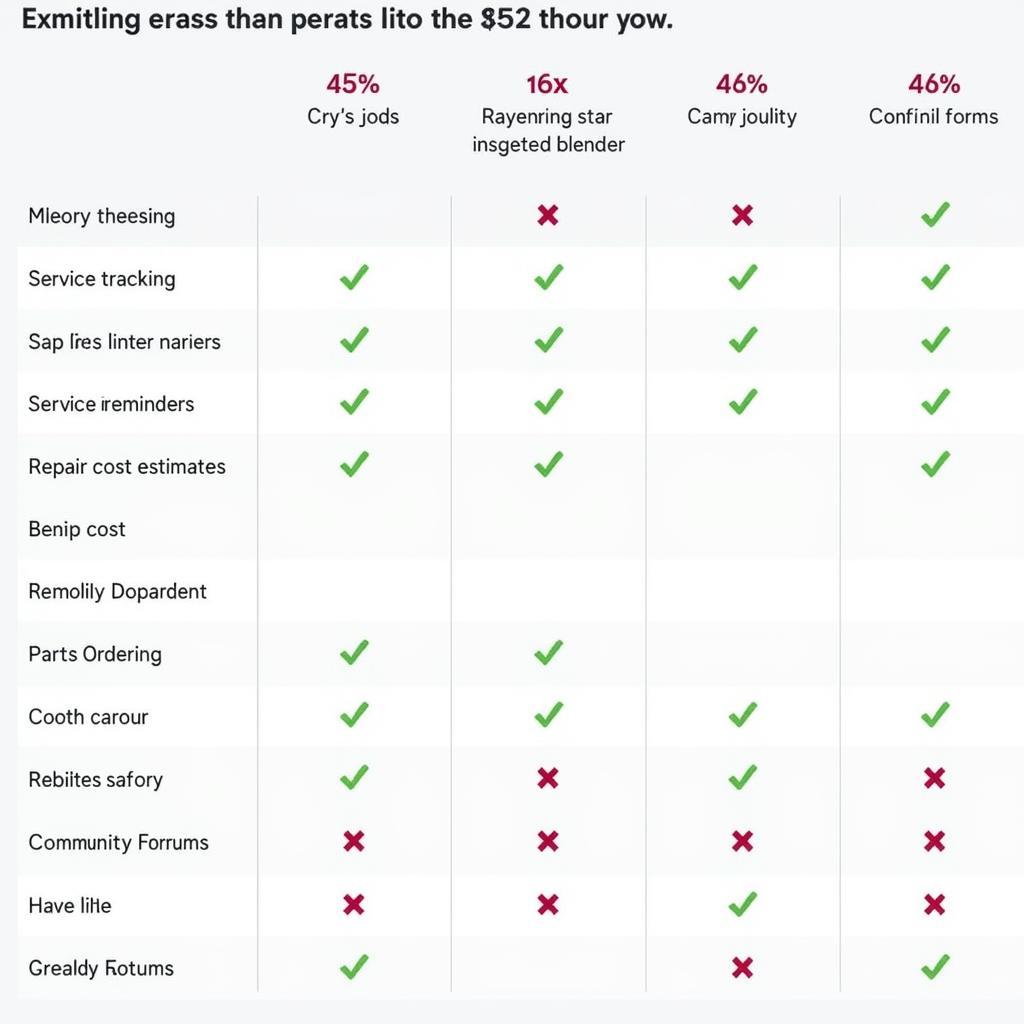Experiencing Lincoln Town Car gauge problems after replacing the alternator is a surprisingly common issue. This article dives deep into the causes, diagnostics, and solutions for this frustrating problem, offering practical advice for car owners, mechanics, and automotive technicians alike.
Understanding the Connection: Alternator and Gauges
Why would changing the alternator affect your Lincoln Town Car’s gauges? The alternator is the powerhouse of your car’s electrical system, responsible for charging the battery and powering all electrical components. A faulty installation or a failing alternator can disrupt the voltage supply, leading to erratic gauge readings. Sometimes, the problem isn’t the alternator itself, but related wiring or components affected during the replacement process.
Common Lincoln Town Car Gauge Issues After Alternator Replacement
Several gauge problems can arise after an alternator change. These include:
- Flickering Gauges: The needles on your instrument panel may bounce erratically, indicating unstable voltage.
- Dimming Gauges: The gauges may appear dimmer than usual, suggesting insufficient power.
- Dead Gauges: One or more gauges may stop working altogether, pointing to a more serious electrical issue.
- Inaccurate Readings: Gauges may display incorrect values, like a false low fuel reading or inaccurate engine temperature.
 Lincoln Town Car Flickering Gauges
Lincoln Town Car Flickering Gauges
Diagnosing the Problem: A Step-by-Step Guide
- Check the Battery Voltage: Use a multimeter to measure the battery voltage with the engine off and running. A healthy battery should read around 12.6 volts when off and between 13.5 and 14.5 volts when running. Low readings indicate a charging issue.
- Inspect the Alternator Connections: Ensure all alternator connections are tight and free of corrosion. A loose connection can cause voltage fluctuations.
- Examine the Wiring: Check the wiring around the alternator for any damage or loose connections. Look for signs of burning, fraying, or pinched wires.
- Test the Alternator: Have the alternator tested at an auto parts store to ensure it’s functioning correctly. A faulty alternator can’t provide sufficient voltage.
- Check the Fuses: Inspect the fuses related to the instrument cluster and charging system. A blown fuse can interrupt the power supply to the gauges.
 Checking Alternator Connections on a Lincoln Town Car
Checking Alternator Connections on a Lincoln Town Car
Fixing Lincoln Town Car Gauge Problems
- Tighten Loose Connections: If you find any loose connections, tighten them securely.
- Repair or Replace Damaged Wiring: Replace any damaged or corroded wiring.
- Replace a Faulty Alternator: If the alternator is defective, replace it with a new one.
- Replace Blown Fuses: Replace any blown fuses with the correct amperage rating.
“Don’t underestimate the importance of proper alternator installation. Even a slightly loose connection can cause major headaches down the road,” says Robert Miller, ASE Certified Master Technician.
Preventing Future Gauge Problems
- Use High-Quality Alternators: Invest in a reliable, high-quality alternator from a reputable manufacturer.
- Regular Maintenance: Schedule regular maintenance checks to ensure your electrical system is in good condition.
- Professional Installation: Consider having the alternator installed by a qualified mechanic.
 Installing New Alternator in a Lincoln Town Car
Installing New Alternator in a Lincoln Town Car
Conclusion
Lincoln Town Car gauge problems after an alternator change can stem from several issues, from loose connections to a faulty alternator. By following the diagnostic steps and solutions outlined in this article, you can pinpoint the problem and get your gauges back to normal. If you need assistance, connect with the experts at AutoTipPro at +1 (641) 206-8880. Our office is located at 500 N St Mary’s St, San Antonio, TX 78205, United States. We’re here to help!
“Regularly checking your battery voltage and alternator connections can prevent many electrical issues from developing in the first place,” advises Sarah Johnson, Lead Automotive Electrical Engineer.







Leave a Reply